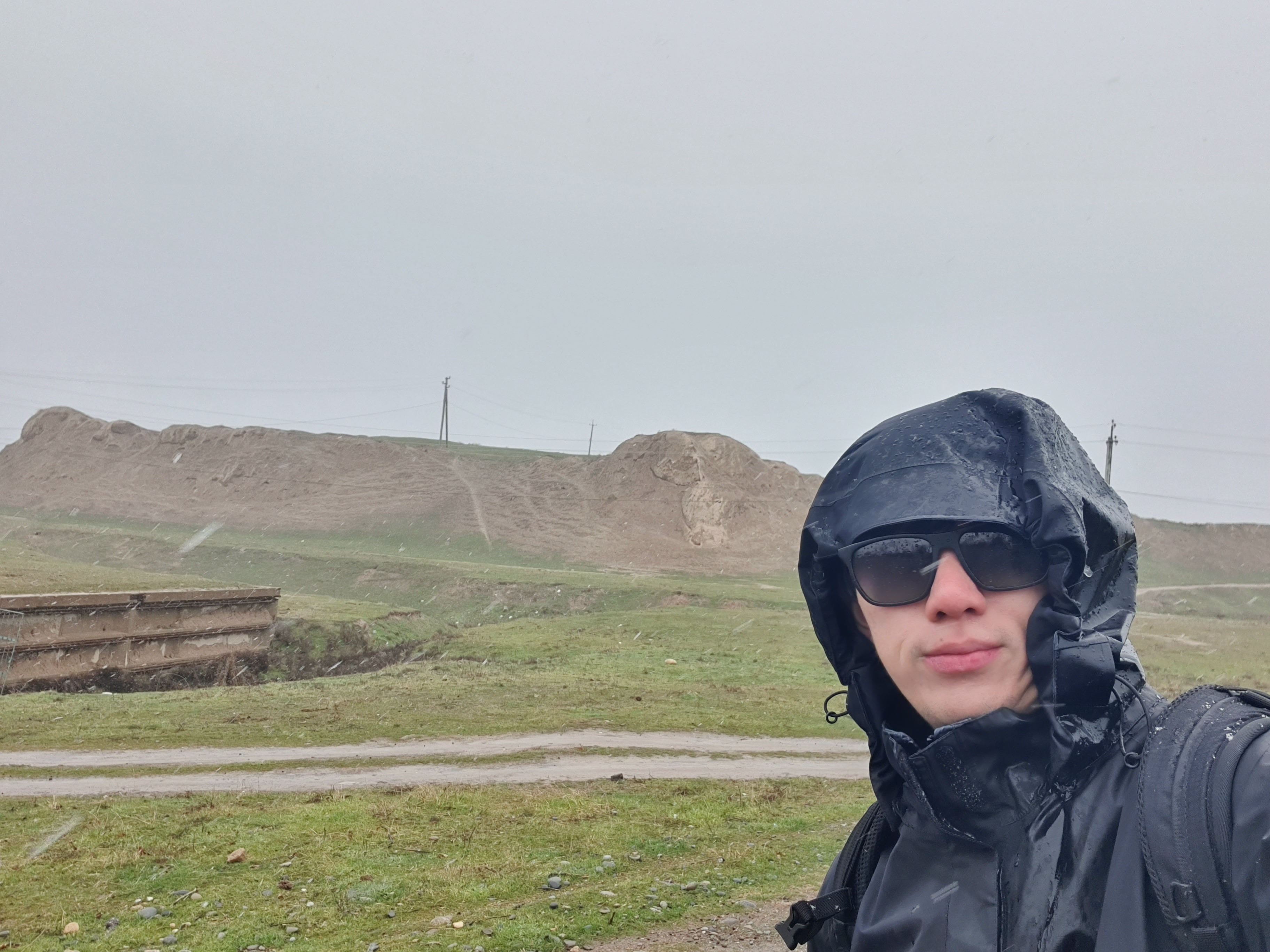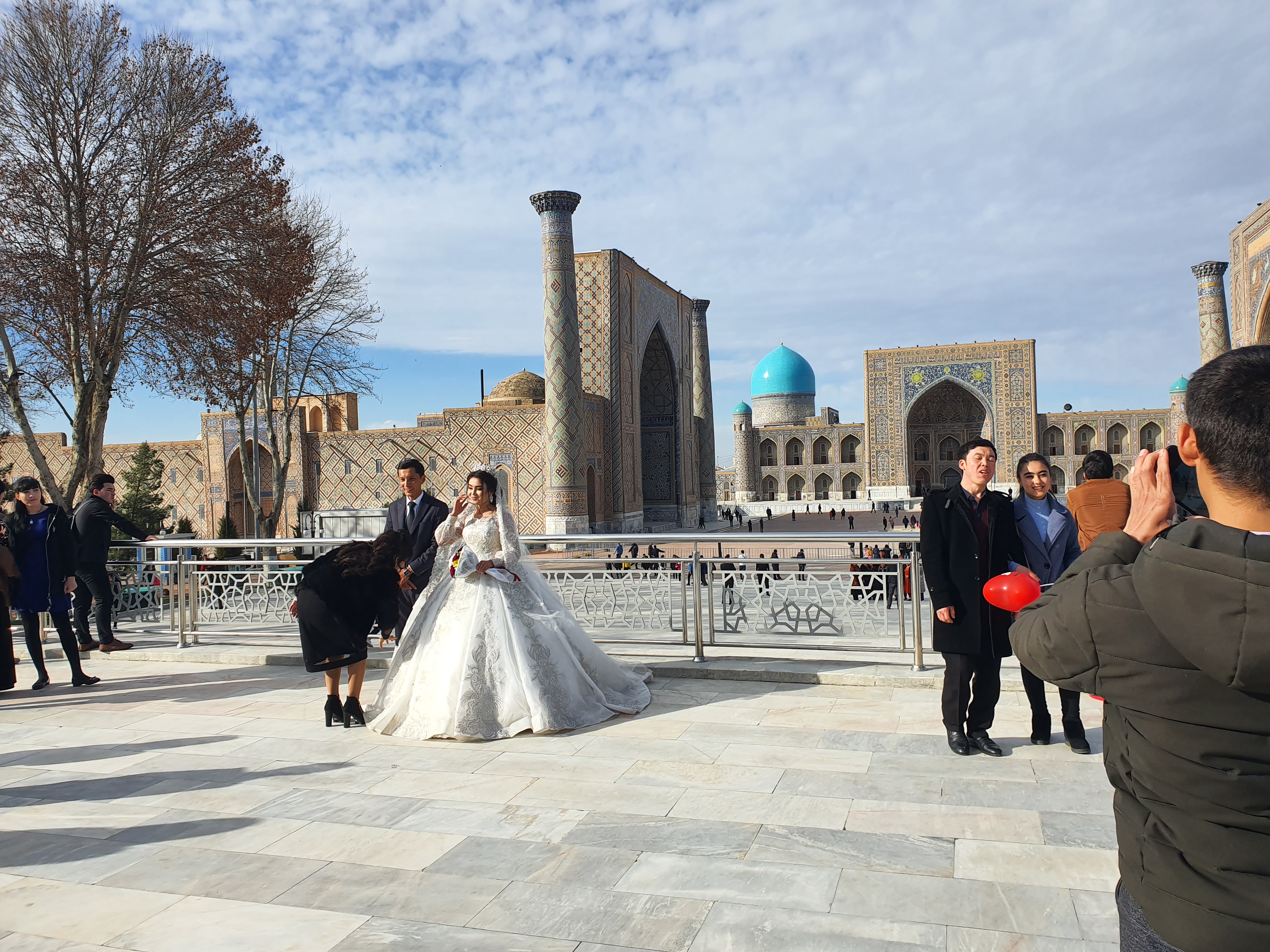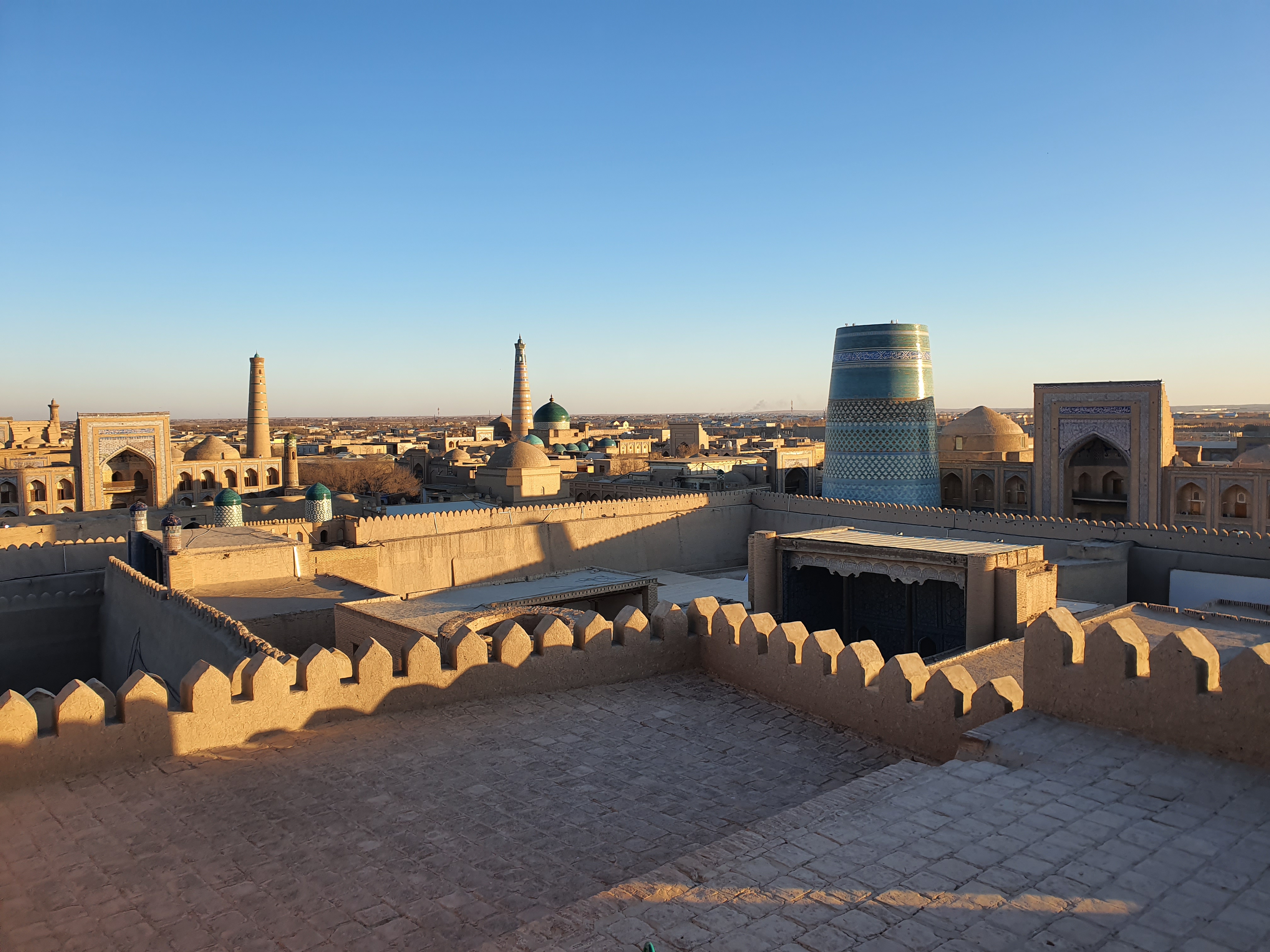What is ethnicity?
Afrasiyab, Samarkand
Central Asia has long been a crossroads for various peoples—Mongolic, Turkic, Tungusic, and Iranian nomads have all called this region home. For someone like me, born in Korea, where people generally share similar appearances and speak one language, such a diverse environment feels very unfamiliar. This diversity carries a distinct sense, quite different from modern nations like America or Australia, which were shaped by waves of immigrants in more recent history.



For the people of Central Asia, ethnicity seemed to hold relatively little importance. Historically, of course, lineage was crucial among the elite nomads. Few would dispute that Genghis Khan’s rise to power was partly due to his lineage as a descendant of the Black Bone clan. However, outside of these leadership circles, ordinary people seemed less concerned with someone’s ethnicity, religion, or language.
Living in Korea, where I was continuously taught to harbor resentment toward certain ethnic groups (primarily Japanese), I had grown accustomed to judging others based on their ethnicity or nationality. This experience in Central Asia challenged and profoundly shifted my way of thinking.